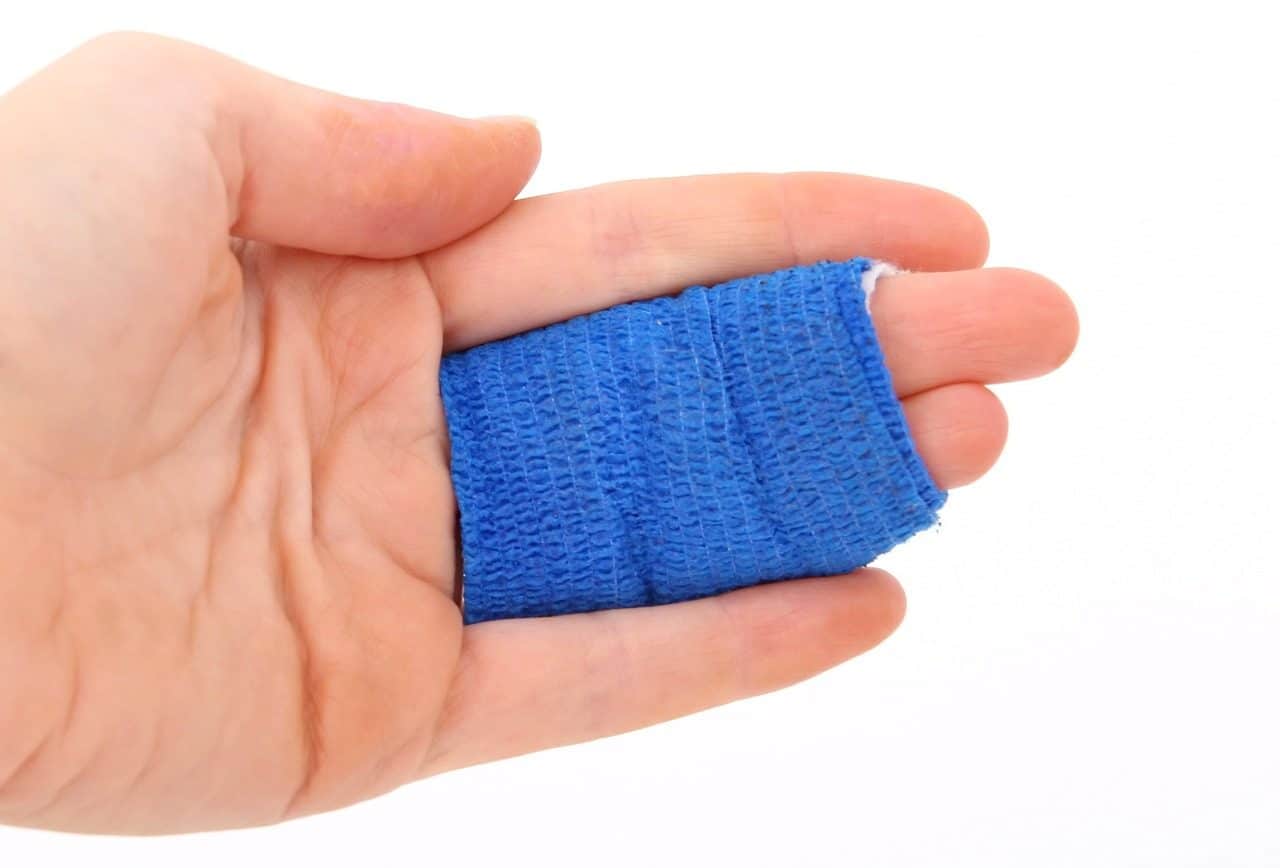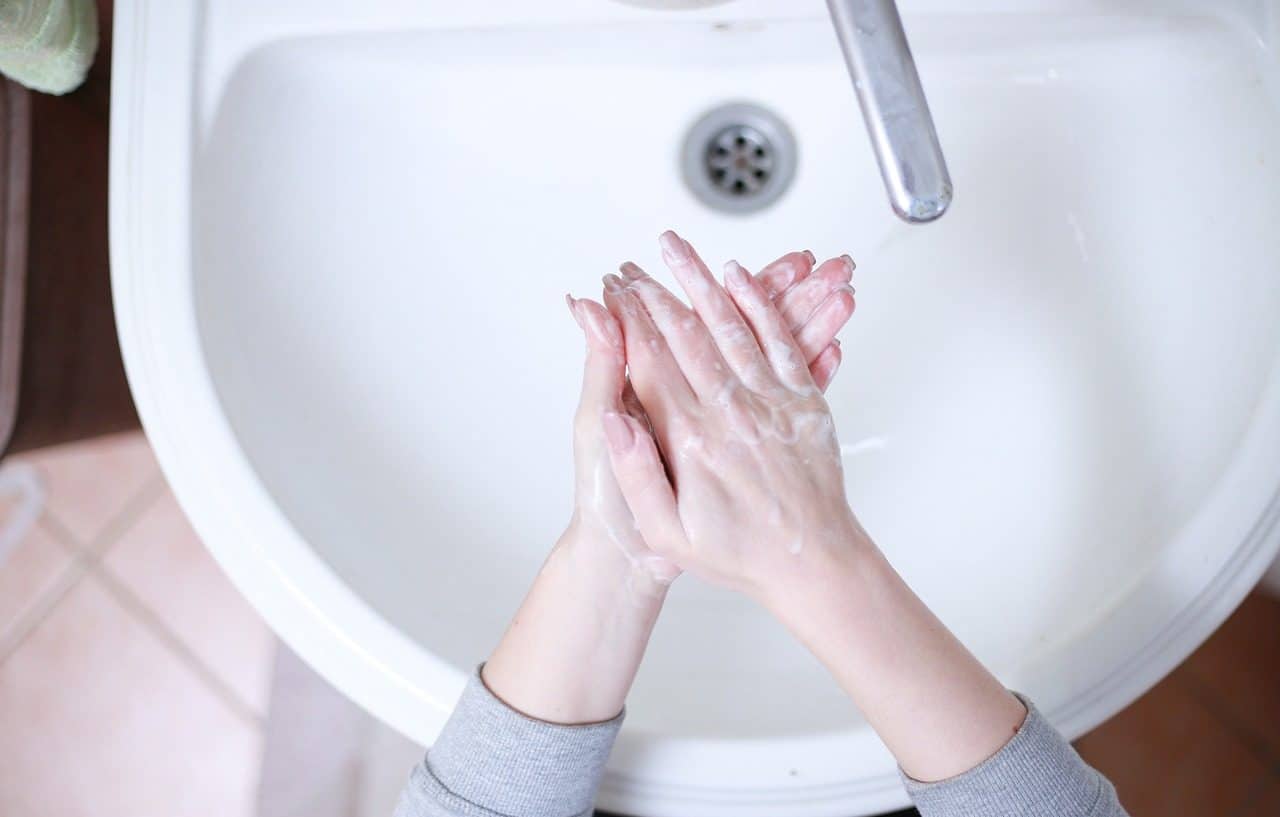
Antisepsis allows the elimination of microorganisms that can cause infections.
Antisepsis is the process of eliminating microorganisms that can cause different types of infections or prevent their appearance. The term in our language comes from the French word antisepsie .
For the development of antisepsis, antiseptics are used. These are chemical products that prevent the development of microbes or destroy them, protecting the body's tissues. Antisepsis is essential to minimize the chances of infection in the context of a surgical intervention.
As the term itself suggests, antisepsis is the opposite of sepsis or septicemia : the infection that is generated by microbes or their toxins that affect the blood . When antisepsis is carried out, there is no sepsis.
Development of antisepsis
Antisepsis combines the use of disinfectants (which are responsible for eliminating microorganisms found in non-living elements) and antibiotics (which attack the microbes present in the body ). These antiseptics, in turn, can inhibit the development and/or eliminate microorganisms, depending on the case.
The most effective antiseptics are those that act quickly, have a broad spectrum and their effects last over time . This facilitates antisepsis and prevents different types of infections.
Alcohol , hydrogen peroxide , iodine and soaps are the most common antiseptics. These are everyday items, both to eliminate pathogens from the body (when washing hands with soap before eating, for example) and to disinfect objects (when applying alcohol to hoops or earrings that go through the ears).

Soap is a product that makes antisepsis possible.
Natural products
Lovers of home remedies and natural products do not need to have endless medications, since many of the fruits, vegetables and flowers that abound in the home have antiseptic power, and are ideal for treating different situations, from wounds to dirt. In addition, its effects are more intense than those of its industrial equivalents.
Let's look at some of the best natural antiseptics:
- Carrot : if we have to face a problem of postulence or disinfect a wound, one of the most effective products is carrot. Regarding its application, just boil it and grate it to make a simple paste that we must then spread over the affected area and let it rest for a few minutes before removing it with warm water.
- Onion : another of the products that we commonly have in the home, and that has more applications than the mere preparation of food. Onion is among the most powerful bactericides, and that is why it serves to prevent typical winter colds. It can be used boiled, similar to carrots, or also raw, applying the fine tissues it has between layers to the area to be treated.
- Lavender : This plant is a favorite of many for its aroma and appearance, but it also has antibiotic and astringent properties that make it an ideal product for practicing antisepsis. To do this we must make an infusion with a handful of branches or flowers, and apply to the body.
- Garlic : it is one of the most versatile natural products, and in this case we are interested in its fungicidal action. To prevent a wound from becoming infected, just peel a few cloves of garlic, crush them until they form a paste, and then apply it to the skin . It also helps in problems such as athlete's foot and onychomycosis (an infection that occurs in the nails).
- Laurel : far from being just a condiment, bay leaf is a perfect antiseptic and disinfectant, thanks to a series of compounds found in its leaves that create a barrier against bacteria and viruses. Its application can be done through an infusion or essential oil.
It is important to keep in mind, however, that a medical professional is the one who must indicate how to treat a wound since he or she has the necessary scientific knowledge to do so.
